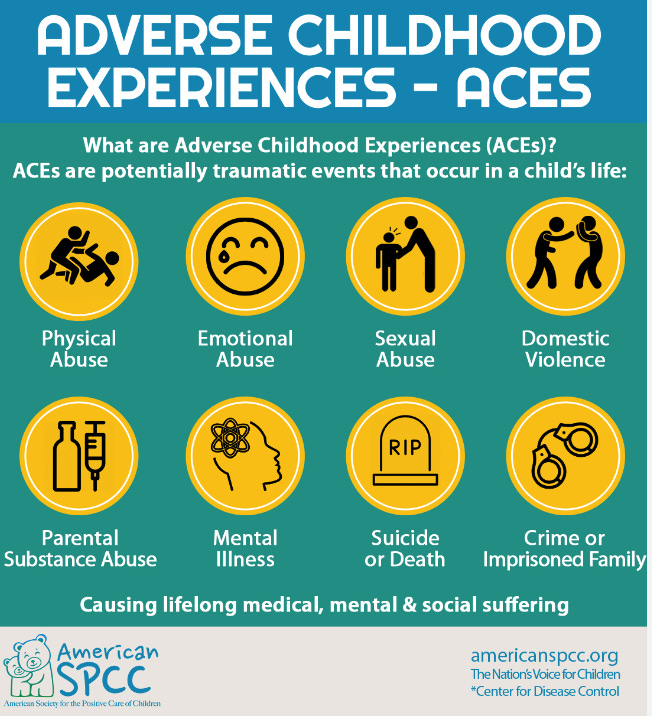What if you’re not intuitive to intuitive eating?
“I have not failed. I've just found 10,000 ways that won't work.” - Thomas Edison
I’m going to preface this by saying that I have zero beef with intuitive eating as a whole or the dietitians and counselors who abide by this method. Zero. I have a few of the intuitive eating books and follow a similar philosophy for myself. However, I can imagine how frustrating it might be to see posts telling someone to follow their intuition with regard to their bodies and that everything will be A-okay if they embrace food freedom. I also think it might be confusing to see mostly thin white women promoting it, and it’s understandable to want to equate it to a diet or think that a thin body should be and will be the result of intuitive eating. I get it, and I want to assure anyone who has doubts that intuitive eating is not the end all or be all as far as ways to eat and nourish yourself. I wrote about this in my book that’s coming out in August of this year (yay, and more news on this later on), but I will give you all a sneak peek of snippets as far as my overall thoughts on it. And I repeat, this is not meant to start a war; just offering a new perspective to those who need it. So, I am going to explain why intuitive eating doesn’t always work and offer some advice on what you can do instead. And no, it’s not a diet or any other unnecessary restriction. We don’t do that over here.

“I’m getting frustrated at myself because I can’t follow the rules.” When I was doing 1:1 counseling, I remember this being the complaint of one of my clients, whom I’ll call Ashley (not her real name for obvious reasons.) Intuitive eating (IE) is one of the more popular terms whenever you see content related to the non-diet way of eating. It is a very popular system that was formulated and trademarked by dietitians Evelyn Tribole and Elyse Resch. My ears perked up at the word “rules” because the whole idea of IE is to let go of the idea of dieting, and the word “rules” is a term that we associate with restriction. In regards to the “rules,” Ashley was referring to the principles of IE, and in fact, there are 10.
Ashley had come to me because she tried to take on IE herself and had the 4th edition book as well as the workbook. Even though I fully disclosed that I wasn’t a certified IE counselor (and still am not), Ashley wanted to work with a nondiet dietitian but felt as though IE wasn’t for her. After a few minutes of digging deeper, I found out that Ashley grew up 1 of 9 children and in poverty. She told me that while growing up, she and her siblings would have to rush to the table, and whoever was able to get food ate. “I always ate my food so fast because I had a fear of never seeing it again.” It didn’t matter what the actual hunger cues were, she ate because there was a fear of never eating again.
Currently, she is financially and food secure, but her childhood trauma still affects her to this day, and this isn’t uncommon because adverse childhood experiences (ACEs) are stressful or traumatic events, such as neglect and/or violence. ACEs are strongly related to brain development and a wide range of health problems throughout a person’s lifetime. ACEs are more common than we might think, as about 64% of U.S. adults reported they had experienced at least one type of ACE before age 18, and nearly 1 in 6 (17.3%) reported they had experienced four or more types of ACEs.
ACEs are not the only factors that can affect our eating patterns. My favorite topic, the social determinants of health (SDOH), is one of the major contributors to health overall. SDOH are the conditions in the environments where people are born, live, learn, work, play, worship, and age, which affect a wide range of health, functioning, and quality of life outcomes and risks.
Here's the wide variety of what some SDOH look like in someone’s life:
Safe housing, transportation, and neighborhoods
Racism, discrimination, and violence
Education, job opportunities, and income
Access to nutritious foods and physical activity opportunities
Polluted air and water
Language and literacy skills
ACEs are different from SDOH, but they are often interrelated, as SDOH factors might affect a child’s health in certain situations. Insecure housing (SDOH) may leave families at risk for physical, emotional, or sexual abuse (ACEs). Increased carceral and law enforcement exposures contribute to adverse child mental health. ACEs and the associated SDOH can cause toxic stress, which can negatively affect brain development, immune systems, and stress response systems. And yes, these all affect our access to food as well as our hunger cues and any and all intuitiveness that we feel with food. This was a huge factor that was affecting Ashley and this affects many others as well. Food freedom sounds so easy and attainable, but unfortunately, this isn’t the case for everyone.
Keep reading with a 7-day free trial
Subscribe to The Nutrition Tea Substack to keep reading this post and get 7 days of free access to the full post archives.




